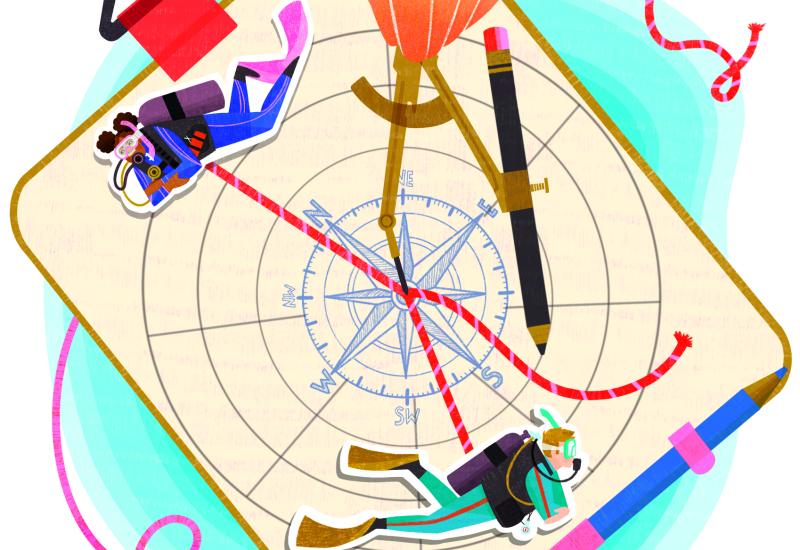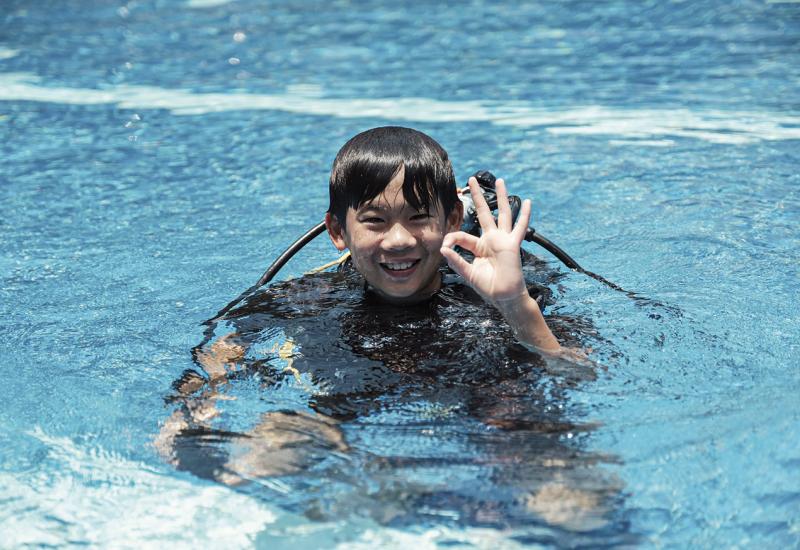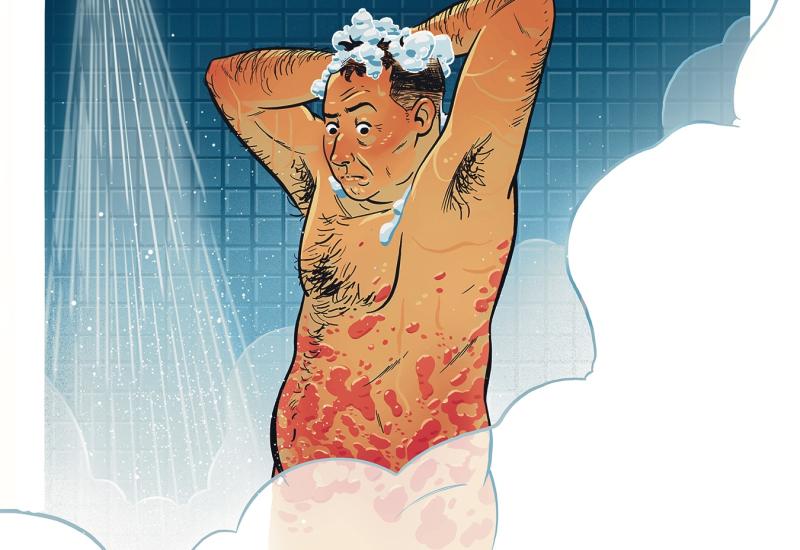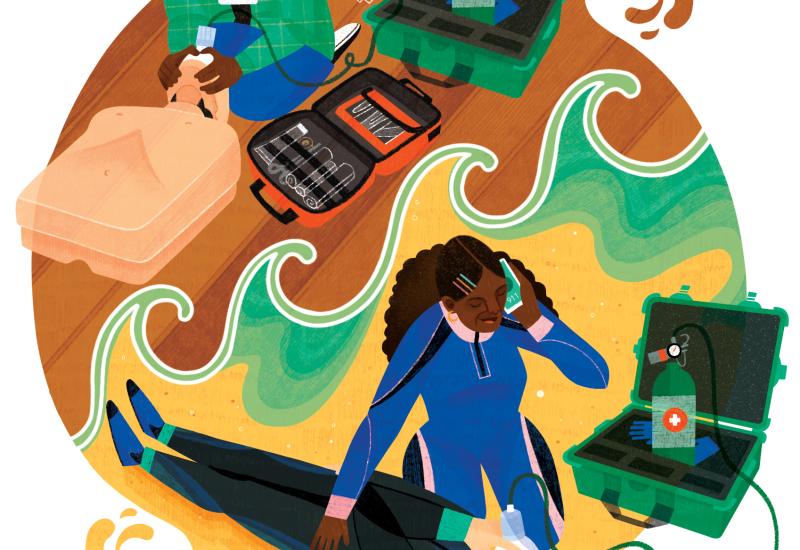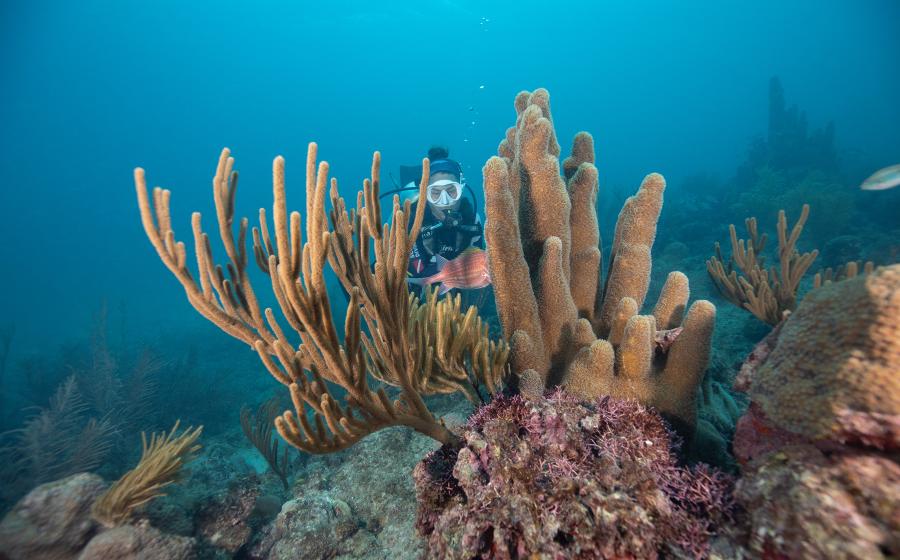What It's Like To Dive Blind

Visually Impaired Certified Divers
Steven P. Hughes
Why on Earth would a person want to dive blind? That was Hubert Chrétien’s first question. As executive director of Freedom at Depth Canada, he’d trained many paraplegics, quadriplegics and amputees, but I was new ground. What would I get from something so visual? It turns out, plenty. And it wasn’t long before Chrétien’s eyes were opened to that — no pun intended. It was 2002, and I was about to become one of Canada’s first visually impaired certified divers.
My vision is like looking through very scratched glass. Things are blurry and there’s no detail, just shadows. Trained through the Handicapped Scuba Association, my only adaptation to communicate underwater is tactile hand signals. Post-course, my first dive was the wreck of the Rothesay in the St. Lawrence River. The freedom and feeling of calm and weightlessness that came with it? There’s nothing else like it.
I love diving wrecks because they give me a point of reference. After someone guides me around to get a sense of its features, width and length, I can explore independently. (I don’t get much out of diving in open ocean because I can’t sense where I am or what’s around me.)
While night dives spook some people, I prefer them because my light can illuminate things that ambient daylight washes out. The crystal waters of Bora Bora were an exception. It was so clear, I could see the bright fins of a fellow diver who I was able to follow around a wreck instead of having to be led.
Scuba’s great gift is the ability to see the world that waits beyond the surface. While I know there are things I miss out on, I think in some ways I experience diving more fully. I’m not distracted by what I’m seeing, so my other senses are heightened. I feel the temperature, the current and the ripples in the sand to get my bearings. Despite being blind, there’s as much for me to see as for anyone else. I just happen to interpret it in a different way.
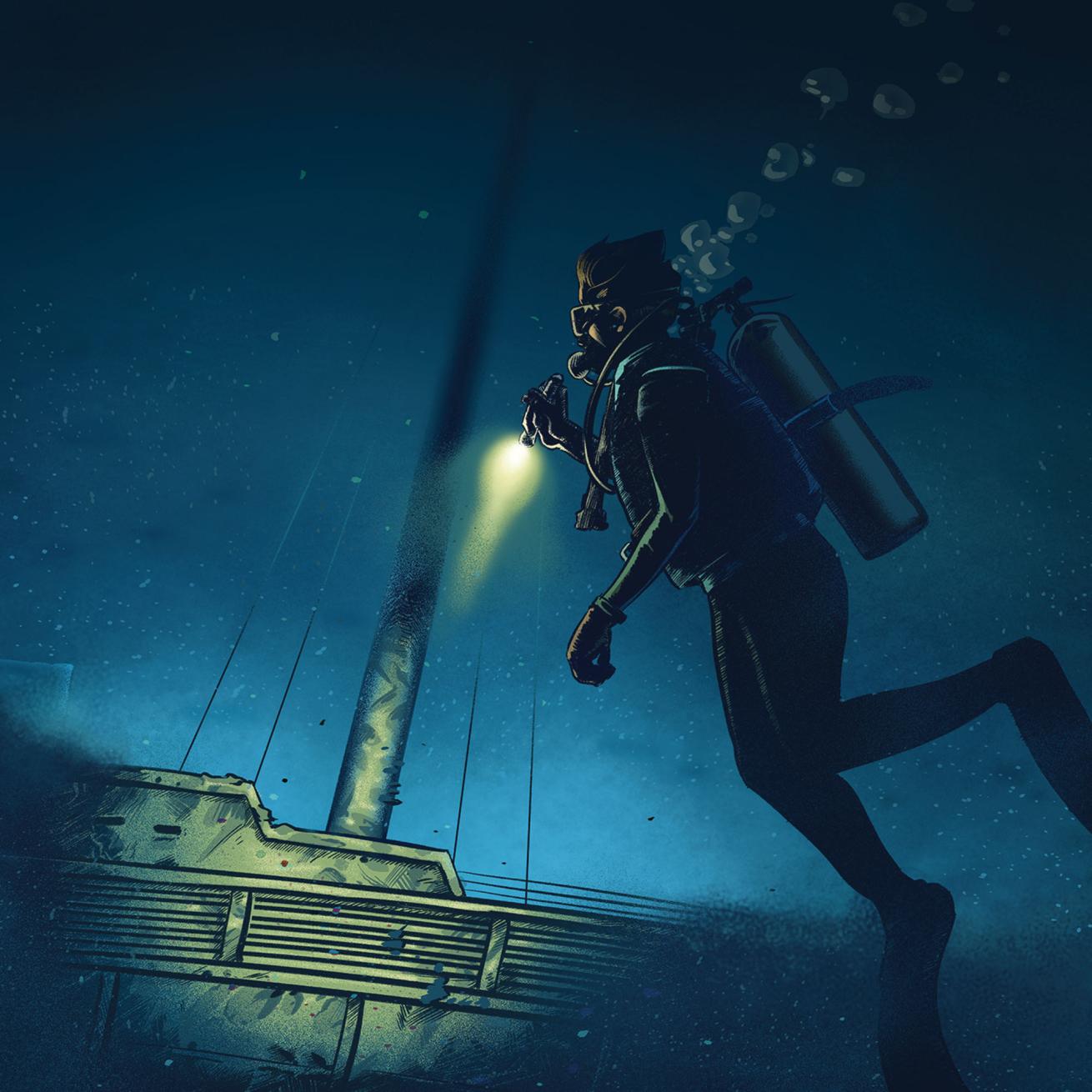
Steven P. Hughes
Why on Earth would a person want to dive blind? That was Hubert Chrétien’s first question. As executive director of Freedom at Depth Canada, he’d trained many paraplegics, quadriplegics and amputees, but I was new ground. What would I get from something so visual? It turns out, plenty. And it wasn’t long before Chrétien’s eyes were opened to that — no pun intended. It was 2002, and I was about to become one of Canada’s first visually impaired certified divers.
My vision is like looking through very scratched glass. Things are blurry and there’s no detail, just shadows. Trained through the Handicapped Scuba Association, my only adaptation to communicate underwater is tactile hand signals. Post-course, my first dive was the wreck of the Rothesay in the St. Lawrence River. The freedom and feeling of calm and weightlessness that came with it? There’s nothing else like it.
I love diving wrecks because they give me a point of reference. After someone guides me around to get a sense of its features, width and length, I can explore independently. (I don’t get much out of diving in open ocean because I can’t sense where I am or what’s around me.)
While night dives spook some people, I prefer them because my light can illuminate things that ambient daylight washes out. The crystal waters of Bora Bora were an exception. It was so clear, I could see the bright fins of a fellow diver who I was able to follow around a wreck instead of having to be led.
Scuba’s great gift is the ability to see the world that waits beyond the surface. While I know there are things I miss out on, I think in some ways I experience diving more fully. I’m not distracted by what I’m seeing, so my other senses are heightened. I feel the temperature, the current and the ripples in the sand to get my bearings. Despite being blind, there’s as much for me to see as for anyone else. I just happen to interpret it in a different way.

